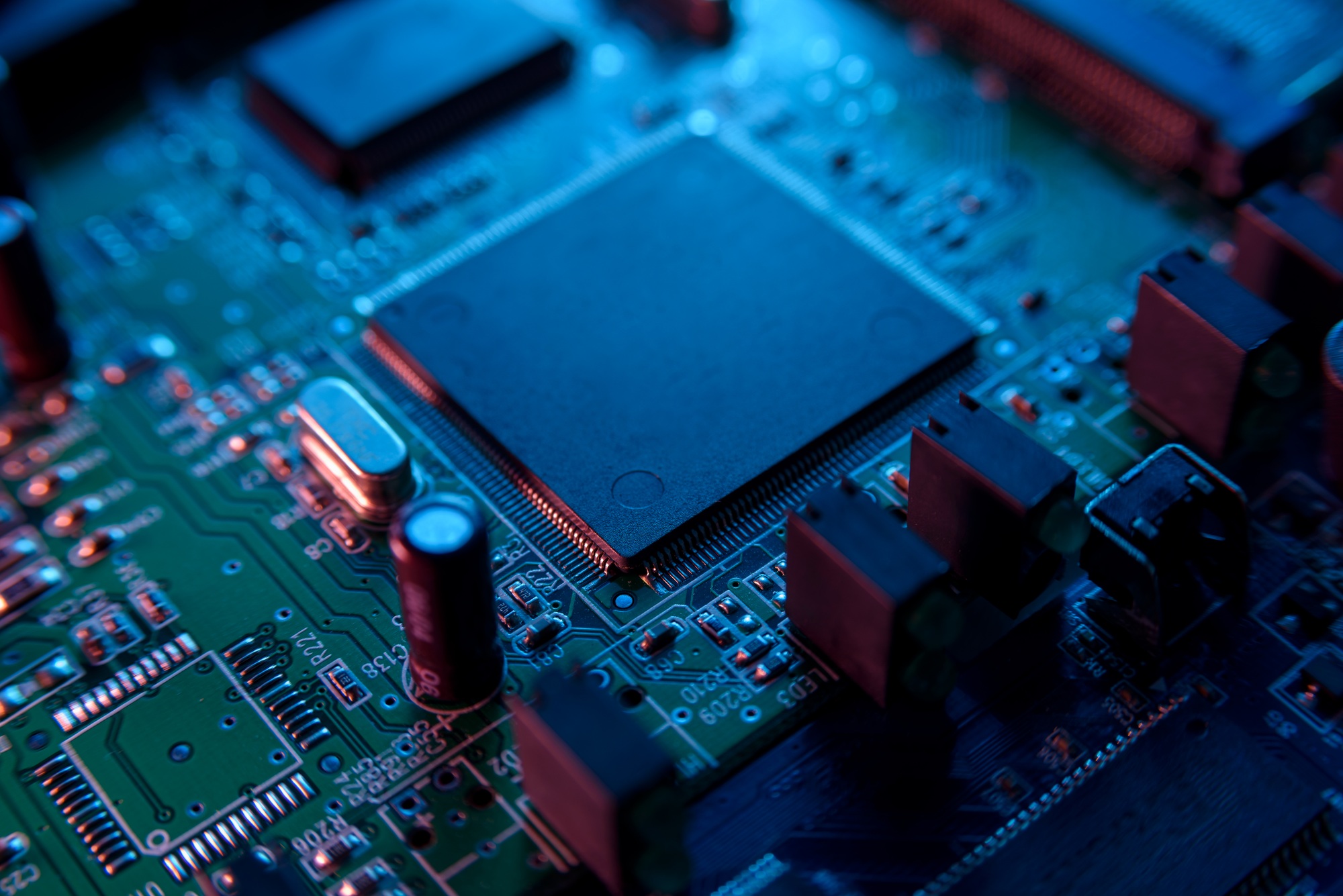Nvidia faces fresh hurdles in its global operations after the U.S. government imposed a new licensing requirement for exports of its H20 AI chips to China. The decision marks a tightening of Washington’s stance on tech transfers amid rising concerns about the use of American semiconductors in Chinese supercomputing projects.
In a regulatory filing on Tuesday, Nvidia confirmed it will need indefinite approval to export the H20 chips, citing risks that they may be used in Chinese AI systems or supercomputers with national security implications.
$5.5 Billion Impact Expected
The company anticipates $5.5 billion in related financial charges in the first quarter of its fiscal year 2026, ending April 27. The news sent Nvidia’s shares down approximately 6% in after-hours trading.
The H20 is the most advanced AI chip currently allowed for export to China under existing restrictions. However, the U.S. has tightened scrutiny after reports surfaced that the chip may have been used in DeepSeek’s AI training, including the R1 model that caught attention in January.
Trade, Politics, and Tech Intertwined
Last week, speculation swirled that Nvidia CEO Jensen Huang may have convinced the Trump administration to hold off on additional restrictions during a private dinner at Mar-a-Lago. The company subsequently announced hundreds of millions in planned U.S. investments to support domestic chip manufacturing.
Despite that effort, U.S. officials moved forward with the new export controls, reflecting broader bipartisan pressure to curb China’s access to cutting-edge AI technology.
Nvidia declined to comment on the new requirements.







